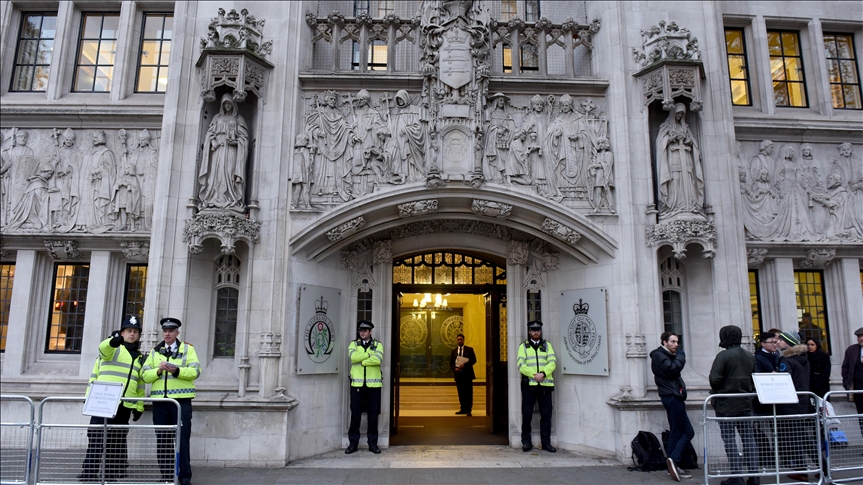In recent times, the UK, particularly the eastern and southern regions, has seen a worrying increase in instances of courier fraud. This particular form of criminal activity has left many, especially pensioners, vulnerable to significant financial and emotional distress. One of the most shocking cases reported involved a victim losing an astronomical sum of £5.3 million.
Courier fraud is a deceptive practice where criminals impersonate police officers or bank officials. They do this to manipulate victims into surrendering their money, jewellery, or bank cards. These fraudsters often convince their targets to transfer money or purchase valuable items like gold bullion and jewellery. The criminal usually collects these items in person. Sometimes even daring to visit the victim’s home to complete their deceitful act.
Detailed Overview of Courier Fraud
Criminals actively contact potential victims, claiming to represent the police or a bank, and inform them of compromised accounts. They then coerce the victims into transferring funds or buying gold bullion and jewellery, falsely claiming it aids an investigation. In some alarming instances, the criminals have visited the victims’ homes, posing as police officers, to collect money, jewellery, and bank cards.
The national fraud and cybercrime reporting centre, Action Fraud, has highlighted an increase in such reports. In two notable incidents, a victim from Essex lost £5.3 million, and another from Cambridgeshire was defrauded of more than £1.9 million. These substantial financial losses are profoundly troubling and underscore the severity of this type of crime.
The last three months have seen more than £19.6 million lost to courier fraud across various UK regions. Notably, the age group of the victims involved in the gold bullion cases ranged from 75 to 91 years. This statistic highlights the vulnerability of the elderly population to such scams.
Police and Expert Insights
Detective Sergeant Victoria O’Keefe of the City of London Police, which leads the national effort against fraud, has spoken about the impact of courier fraud. According to her, the victims, who are often elderly, find themselves deprived of significant amounts, including their life savings. She has observed that in many cases, the victims are persuaded to purchase gold bullion. These individuals might appear nervous or evasive during the purchase and are often on the phone with someone, presumably the fraudster, during the transaction.
Elderly individuals often become prime targets for courier fraud due to several factors:
- They may be less familiar with modern banking practices and technological safeguards, making them more susceptible to deception.
- Fraudsters generally perceive older people as more trusting and less likely to question the authority of someone posing as a bank official or police officer.
- The elderly might have significant life savings, presenting a lucrative opportunity for criminals.
Isolation and the lack of immediate support networks can also make them more vulnerable to pressure and manipulation by fraudsters.
Preventative Measures and Reporting
Despite its apparent sophistication, the defence against courier fraud is surprisingly straightforward. The key lies in one simple fact: neither your bank nor the police will ever request you to move money, authorise payments, make purchases, or hand over your debit/credit cards. This fundamental principle is crucial in safeguarding individuals, especially the elderly, who are often targeted by such scams.
If the public, particularly older adults, were made more aware of this, there would likely be a significant reduction in courier fraud cases. Awareness campaigns and education programs emphasising this point can empower individuals to recognise and thwart fraudulent requests. Understanding that legitimate institutions do not operate this way is a powerful tool in preventing these scams. By spreading this knowledge widely, we can protect vulnerable populations from falling victim to these devious schemes, dramatically decreasing the prevalence of courier fraud. Another effective way to prevent such scams is to install call blocker units. These devices filter scam and nuisance calls, allowing only trusted numbers to reach the user. The City of London Police has endorsed this measure as a practical solution to reduce the risk of becoming a victim of courier fraud.
For professionals like jewellers or gold dealers, it is crucial to remain vigilant for potential victims of courier fraud. Immediate reporting to the police on 999 is advised in such cases. The general public also plays a critical role in combating this crime. Reporting any suspicious incidents to Action Fraud, either online or via their contact number (0300 123 2040), is essential. In Scotland, reports can be made to Police Scotland on 101.
The increasing trend of courier fraud in the UK calls for heightened awareness and proactive measures. By understanding the nature of this crime, being vigilant, and promptly reporting any suspicious activities, we can collectively work towards protecting vulnerable individuals from this devastating scam.



